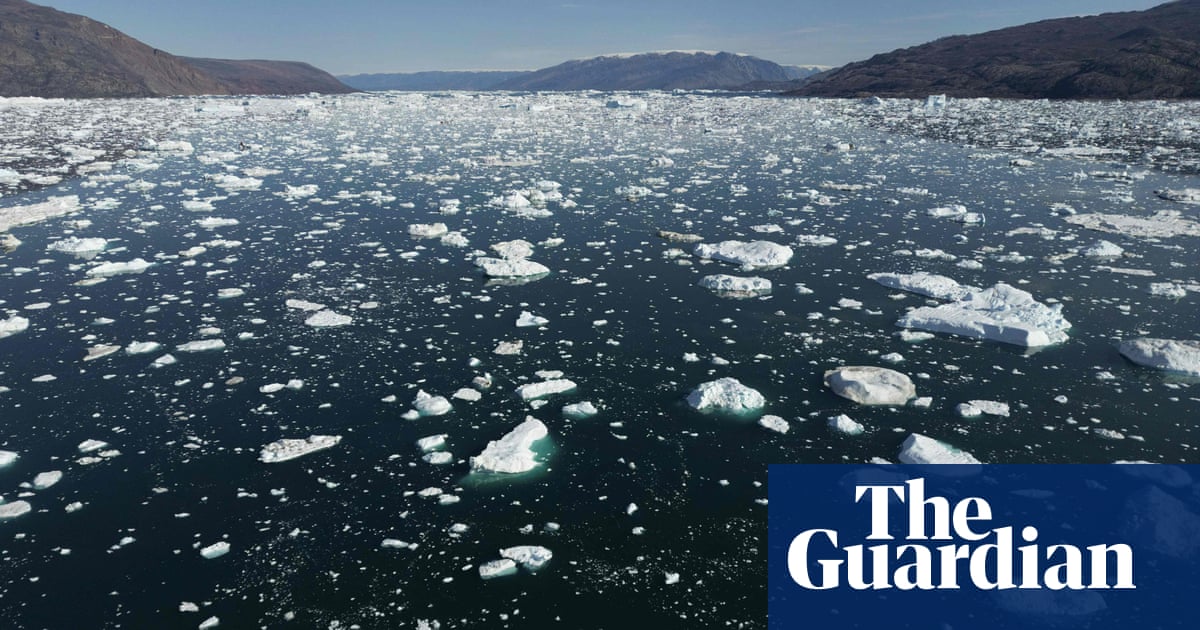😞
I mean, anyone who was convinced otherwise was delusional. We’ve always known that methane has a substantially higher short-term impact on GHG emissions than carbon dioxide. We’ve also known for years now that natural gas is notorious for leaking obscene amounts of methane (even compared to coal mining per unit energy). That hasn’t stopped us from tapping and consuming more gas: in fact, total US fossil fuel electricity production has increased by 40% over the plateau in the 1970s-2000s.
In the short-term, we are incredibly, incredibly fucked. Eventually, methane decays and whatnot, but that might be too little, too late.
More methane release overwhelms the natural breakdown agents in the atmosphere (hydroxyl radicals) so an increase bumps up the decay half life average and overall greenhouse gas effectiveness. We know there’s more methane leaks now due to both manmade sources as well as natural feedback loops from warming. Yet the IPCC still uses the older half life numbers for methane even now.
COP28- we didn’t do shit the first 27 times, maybe this one will be different. Lol.
The world is fucked. Humanity will survive, but not without any hardship. We’ve already gone past the best age for humanity (or the western world, at least), which was the year 2000.
We’ve already gone past the best age for humanity (or the western world, at least), which was the year 2000.
I’ve got to admit, I really didn’t expect The Matrix to be quite that accurate.
I don’t think things started truly going downhill until shortly after smartphones became mainstream.
Probably around the iPhone 4 era was when we past the point of no return. Just the next generation of greedy-shitbags out-greeding their shitty parents.
lol. it started going downhill by the 80’s. It was just real slow initially but that was our chance to double down and concentrate on doing everything with the effects on the environment being the top concern. 2000 and beyond is just where the fall got fast enough for regular folk to notice due to the acceleration. Which is still going so whatever changes you have seen in the last 10 years you should see that much in the before the next 10.
Yeah, we started going in the wrong direction when Reagan removed Carter’s solar panels from the White House.
I wouldn’t be so sure about humanity surviving. It all depends on how many tipping points we hit and how bad warming actually gets. There’s no way we stop at 3°. Existence for any humans will be incredibly fraught.
“To get on track for the internationally agreed target of 1.5C, 22bn tonnes of CO2 must be cut from the currently projected total in 2030, the report said. That is 42% of global emissions and equivalent to the output of the world’s five worst polluters: China, US, India, Russia and Japan.”
That last part will not happen.
Zero hope left.
The good news is that non-existence is paradise.
So fucked that people hate in the last generation protesters
What’s 3c gonna be like? Mad Max or Waterworld?
The Road
The Road, but also Idiocracy.
I wish we had the option of Camacho. Idiocracy was too optimistic!
That’s where The Road comes in!
Unsubscribe
Waterworld isn’t actually possible. There would be a lot of land left even with all the ice gone. Currently-coastal and low-lying areas (where most of the world population is) would still be fucked, of course, but it’s not as if the tip of Everest would be the only “Dryland.”
Mostly neither but some areas may resemble one or the other.
closing in on https://en.wikipedia.org/wiki/Paleocene%E2%80%93Eocene_Thermal_Maximum but of course with this time combined with most ecosystems to shot to compensate along with general poisoning of air, water, and land. no worries though. completely fine for 8 billion plus humans im sure.
The world literally decided that it was better off with a big short-term bump in emissions than a smaller long-term one. That’s the primary motivator behind the switch from coal to natural gas, despite how much worse methane is as a GHG in the short-term (<100 year time frame).
Oops! All warming!
Trying to think about what this is a reference to.
Some kind of food
Like, you legit can’t remember? It’s “oops all berries” Captain crunch
Thanks, but I actually think I’m thinking of something else.
I demand someone make a meme out of this
This is the best summary I could come up with:
The world is on track for a “hellish” 3C of global heating, the UN has warned before the crucial Cop28 climate summit that begins next week in the United Arab Emirates.
Scientists say far worse is to come if the heat continues to rise and the secretary general of the UN, António Guterres, has repeatedly said the world is heading for a “hellish” future.
That is 42% of global emissions and equivalent to the output of the world’s five worst polluters today: China, US, India, Russia and Japan.
Inger Andersen, the Unep executive director, said: “There is no person or economy left on the planet untouched by climate change, so we need to stop setting unwanted records on emissions, temperature and extreme weather.
The UN warned earlier in November that the world’s fossil fuel producers are planning expansions that would blow the planet’s carbon budget twice over, which experts called “insanity”.
The new Unep report said that if all the long-term pledges by countries to cut emissions to net zero by about 2050 were achieved, then the global temperature rise could be limited to 2C.
The original article contains 500 words, the summary contains 185 words. Saved 63%. I’m a bot and I’m open source!
Good bot












